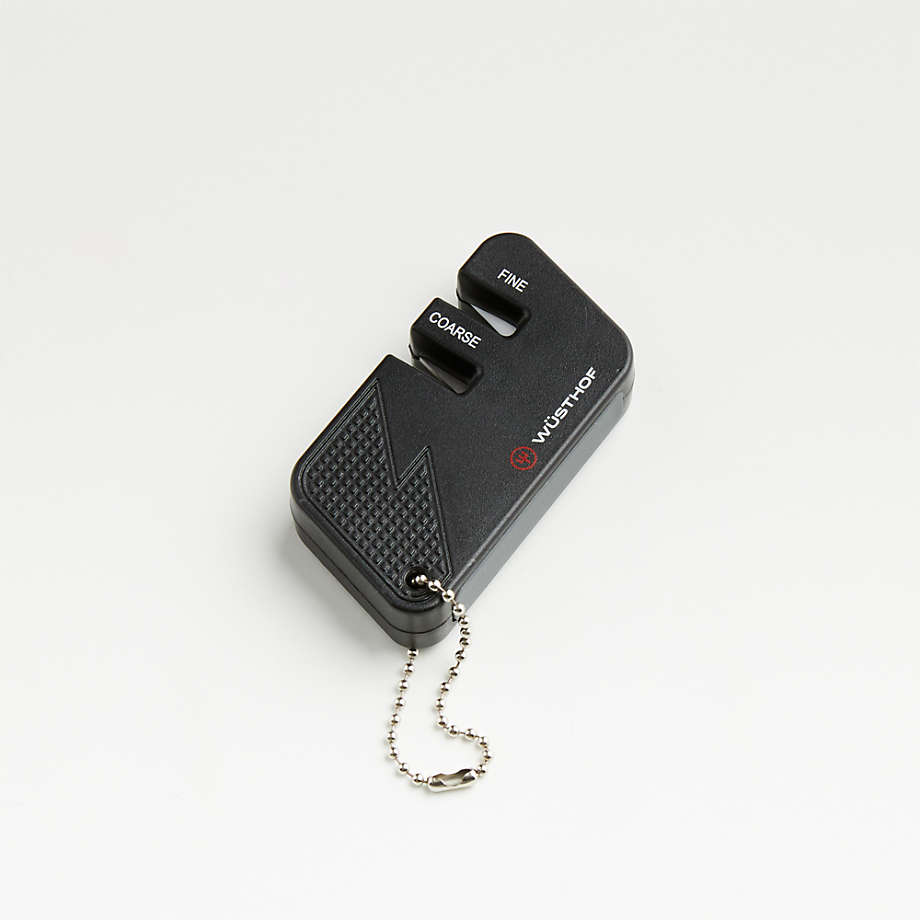
Your fine motor skills are the most important in a fight. You should select a knife with a finger groove, and a blade protector to keep your hand from slipping from the blade. In addition, it's important to be aware of knife laws. You can learn more about the laws in your state by visiting AKTI's website.
Can a minor own a knife
Yes, minors are allowed to legally carry a knife in public places. There are different laws that govern the possession of knives. The law allows minors to carry a knife as long as they receive written permission from the parents. A parent must accompany a minor under 12 years old to allow them to carry knives. Anyone caught violating the knife laws will be prosecuted for a misdemeanor and fined up to $500.
While many knife laws are meant to protect minors and create a safer community, a knife may not be legal in all states. Because different authorities interpret the laws differently, this is why it may not be legal in all states. Although minors can legally carry a pocketknife it is illegal to possess a longer blade than two inches.
Choose a knife based upon its characteristics
It is important to look at the characteristics of a knife before you buy it. Handles are the most important aspect of a knife. The handle should be easy to grasp. If the knife feels too heavy in your hand, you will have trouble using it. You should also inspect the handle for pressure points.

The hardness of a knife blade will determine its durability and strength. Different levels of hardness are available in knife steels. These are usually measured on the Rockwell C Scale. Another important characteristic is toughness. This is the ability of the steel to withstand shock and impact. While toughness may be more difficult than hardness in some cases, it isn't as common as hardness. Harder steels do better at resisting damage than those made of softer materials.
Legality of having a knife
You may find the laws regarding knives confusing, depending on where you are located. Before you take your knife home, it is important to read the rules. Knives are generally safe to possess, but carrying them around could lead to a criminal conviction. You should also remember that the state laws may prevail in some cases.
Knives are not allowed in cars in many states. Knives are considered weapons in some states, including New York, so it is crucial to research laws in your state before purchasing a knife. It may be necessary to obtain a permit for you to carry your knife in your vehicle, depending on what type it is. Some states even have length limits for knives, so you'll need to check these regulations before buying one.
A knife can be used for self-defense
Knives are a great tool for self-defense and escape. They can be used to break a lock, slice through thin clothing, and even hunt animals. They can be used to deter an attacker if they are handled correctly. Unlike a gun, knives don't require a perfect draw. Knives are lighter than firearms.
A knife should only be used for self-defense. Never swing your arm around when using a knife. If you are threatened by an attacker, be careful.

To remove underwater debris, use a knife
Using a knife to remove underwater debris is a safe and effective method. Be patient and slow as the marine debris can be partially submerged in sediments. This will make it difficult to safely remove. Moreover, some nets may be trapped in coral branches and have to be carefully pulled out. It is crucial not to disturb any living marine creatures while you clean up. Using a knife to remove underwater debris, you will also have a safer dive experience.
While regular knife cleaning is important, you need to be careful not to transfer bacteria. Make sure you clean your knives every time you use them. It is more difficult to clean knives that have debris stuck to them. To get rid of any debris, it is a good idea to first wash the knife in water. After you have cleaned the knife, wipe it clean.
FAQ
What should I look for when taking a self-defense course?
You should consider the reputation and experience of the instructor when choosing a self defense class. Ask about their credentials and background.
Ask if there are any discounts or free trials. Many instructors offer discounts or free trials to new students.
Ask them if they offer online courses so that you can access them whenever you like.
Ask about whether they offer emergency medical care following a class. This is particularly important if you are injured in a class.
It is important to find a class that offers a variety exercises. This means that you will get plenty of time to try each technique before moving on to the next one.
Are there any legal requirements to own a stungun?
You must prove that you are trained in order to purchase a stungun in certain states.
Some states require stun guns to be registered with the police.
You must notify law enforcement in other states if you move.
What are the advantages of training in martial arts?
Martial arts training gives you the ability to use your skills in any situation. You'll be stronger and more agile. They can also help you deal with different types attacks.
They can also increase your confidence. You will feel more secure and relaxed, which can lead to less stress.
They can also be beneficial for your health. Research shows that exercise can improve your overall health.
How do beginners do self-defense?
Self-defense does not require that you have been trained by an expert. You should also know how to defend your self when you're alone. These basic moves will help you defend yourself against attacks.
Begin with basic movements such as kicking, punching and kneeing. Then you can add more advanced moves like grappling and joint locks.
It is always useful to practice something that is similar to what you might face in real-life situations. You should try to learn how you can kick someone on a soft surface like a pillow.
So you don't get hurt while practicing. Also, ensure you don't hit anything hard because you might break something.
Can I legally own a stungun?
Yes. You will need to apply for a permit in your state.
To apply for a permit, you must fill out an application form and pay a fee.
You must keep your permit visible, such as in your wallet, once you receive it.
If your permit is revoked, you will have the opportunity to apply for a new permit.
What are some quick self-defense moves you can do?
Self-defense techniques can include kicks and punches as well as elbows, knees, knees and headbutts. You may also be able to use grappling techniques such as wrestling, judo and jujitsu or karate, taekwondo and karate.
You can use self-defense techniques to protect yourself against attackers who want to hurt you.
They can also serve to defend yourself against someone who is attacking you.
There are many ways you can practice self-defense. Decide which one is best for you.
What is the best self-defense method?
Pepper spray can be used to defend yourself. It's very quick-acting. When using pepper spray, it is important to use the correct techniques.
As the first line against violent attackers, pepper spray shouldn't be used. If someone threatens you with violence, then call 911 immediately.
Statistics
- The Rape, Abuse & Incest National Network reports that 70 percent of sexual violence cases aren't committed by random strangers in a dark alley but by people we know: friends, family, partners, co-workers, etc. (healthline.com)
- Most likely, you'll get tapped out by 90% of the people in your first 3-5 months. (mmaclan.com)
- Boxers aren't allowed to fight in a clinch, which is a position that occurs in 80% of the streetfights. (mmaclan.com)
- Kung Fu alone has 400 unique martial art styles – and whilst you likely won't be able to find a school for each form, many other martial arts are completely different altogether. (budodragon.com)
External Links
How To
How to Survive a Home Invasion
Home invasion is scary, especially for children. We didn't expect to live through home invasion when we started our journey with installing a home security system. Here are the lessons we have learned thus far.
-
Do not let your children see the attackers. Two men broke into the house while our children were sleeping upstairs. We took them downstairs until they arrived at the police station. They didn't harm our kids, but it was enough to traumatize them.
-
Lock All Valuables. All valuables are kept in a safe in the bedroom. Even if someone attempts to break into your house, they won’t be able access it.
-
Keep An Eye Out For Burglars. We live in a neighborhood that has a lot of burglaries. We are always on the lookout for suspicious cars and people.
-
Always have a backup plan. We will provide financial support for our family in the event of an emergency. If necessary, we have a plan for leaving the country.
-
Be prepared. If you are ever in a situation where your life is at stake, it is important to be prepared. You should always have water and food on hand.
-
Call 911 first. If someone breaks into your house, dial 911 immediately. It's better not to wait for someone to break into your home than to call the police.
-
Use common sense. You won't allow anyone in who isn't right for you. You should not invite strangers to your home.
-
You can get help from nearby neighbors and people who live in the same area. If you feel unsafe call neighbors and friends. They will be able to watch your back and call the police.
-
Keep calm and do what is instructed by police officers. Keep calm and do as the officers direct. Do not run away from officers or resist arrest.
-
Photograph All Evidence. Photograph any evidence that is found during an investigation. You can take pictures of fingerprints, blood samples, or other evidence.
-
Local Law Enforcement can be contacted to file a report. Report to law enforcement, even if there was no injury. You may be able to prevent other crimes.
-
Call the Insurance Company immediately. You should immediately contact your insurance company. Tell your insurance company everything that has happened, and ask them to send an adjuster.
-
Your personal belongings should be removed. Remove personal belongings before leaving the scene. Take off expensive jewelry and keep it safe.
-
Keep Yourself Clean. Make sure to clean up after your self. Clean up after yourself.
-
Don't Talk About What Happened. Talk about what happened to someone else. You never know who might attempt to use this information against later.